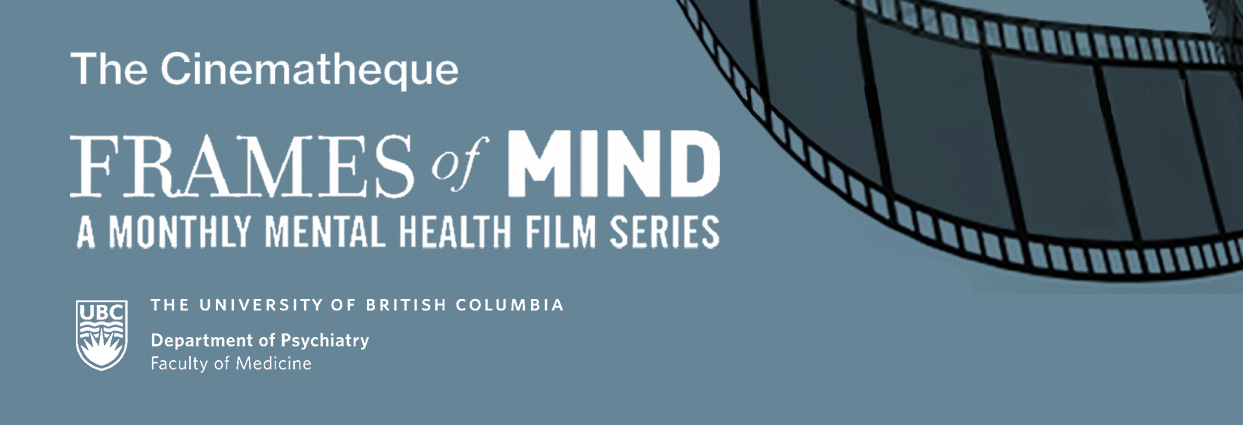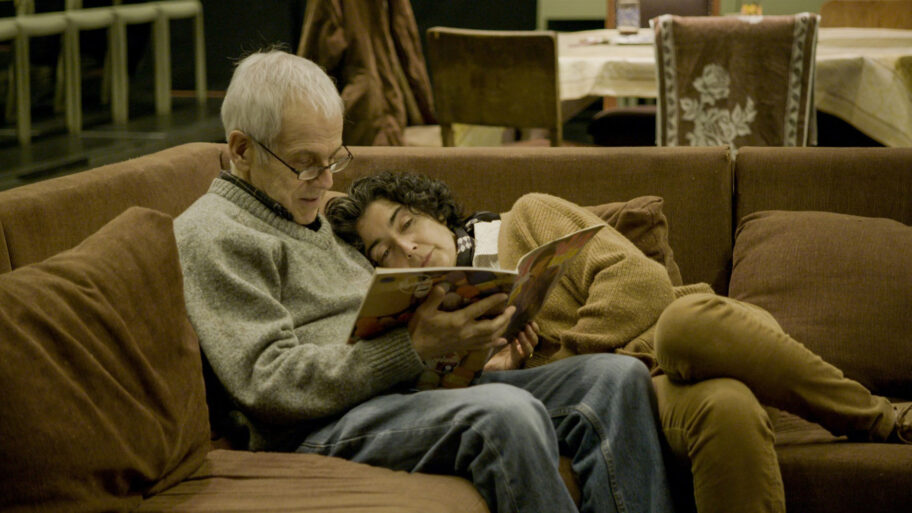January 2024
Meet Dr. Joanne Sinai, a Clinical Associate Professor and a psychiatrist with the Urgent Short Term Assessment and Treatment (USTAT) team in Victoria. She previously served as the Associate Program Director for Curriculum for our Postgraduate Residency Program, and has been a member of the Department since 2007.
What community do you work in?
I grew up in Toronto, and went to medical school and did my residency there. I moved to Victoria in 2003 with my young family. In Victoria, I have always had more than one job. My main job is at USTAT (Urgent Short Term Assessment and Treatment). At the clinic we work alongside a really talented group of psychotherapists. We have a full DBT program, and offer short term therapy to people in crisis. We also often see people when they are discharged from the hospital as we are the clinic that has the capacity to take on new patients the quickest.
I love working on this team. It enables me to treat patients who require a much higher level of care than I can provide in my private practice. In my private practice I do long term psychotherapy, generally for people with complex trauma and chronic mood or anxiety disorders. I have also been on our psych ER team for many years. Finally, I just finished 6 years of the Associate Director of Curriculum for UBC. I have an Masters of Education in Health Professional Education, so this job was a good fit for me, and I feel proud of the job we did updating the curriculum for CBD.
What are some of your main goals as an instructor related to student learning?
When I teach students and residents, I try to emphasize that psychiatry is an art, and that they are the most important tool they have. I try to help people become comfortable being themselves in clinical interactions so they can connect with patients, while at the same time maintaining necessary boundaries.
I have a reputation for being a stickler for detail, and I have taught the PGY1 residents a seminar on how to write a great consult note for many years. Being able to write a great consult note is the core skill of psychiatry, and once a resident has mastered this they can move on to learning more about treatment. Residents who come work with me at USTAT know that I am always happy to read over their consults and edit them in Track Changes, and have to be able to tolerate a lot of red!
A Day in the Life of a Psychiatrist
I wrote these a number of years ago for a Canadian Psychiatric Association Booklet. They are a compilation of patients with details changed. One of the things I love about psychiatry is that every day is different.
An Ironic Hour:
I’m in a session with a woman who I have finally accepted has a diagnosis of late onset schizophrenia. I feel very fond of her. Over the past two years I‘d been working with her in a CBT model in order for her to be able to regain some of what she had before her life was derailed by psychosis. She’d accepted without question the antipsychotics I’d prescribed (and the barely tolerable side effects) and the exposures and behavioural experiments I‘d suggested. I’d thought that her compliance was due to her fondness of me. She’d moved from acute paranoia regarding her family, to returning to live with them. I felt very connected with her and full of what I assumed was great empathy. She, though, felt nothing. The illness and possibly the medication had stolen her capacity to feel. She only remembered what it was like to feel affection and love. So my empathy was a projection if not a delusion.
An Anxious Hour:
I enjoy the challenge of treating anxiety disorders. However, I’d never considered dental phobia as the cause of social phobia. I’d been referred a woman in marital crisis. She had a history of IV cocaine abuse. As I’d discovered, the stakes were very high for her. She was extremely dependent on her husband (about to leave her) to function for her given her highly symptomatic social anxiety. I’d convinced her that a trial of an SSRI could help her anxiety. When I’d routinely asked about her appetite, I’d discovered she only ate soft foods. The story had quickly emerged. She’d avoided the dentist since childhood. She had only a handful of teeth left. The IV cocaine she’d used was injected into her gums as an anesthetic. She’d used the same syringe to drain her dental abscesses. She’d frequently pulled out her own teeth. She was in chronic pain and had terrible halitosis. She was so self-conscious of the condition of her teeth and her bad breath, that she’d avoided contact with people. I’m sure I was smiling as she’d told me the story. Here was a phobia that I could sink my teeth into. SSRI’s? Who needs them?
An Hour of Connection:
I am at play in the field of psychosis. I don’t usually see someone so floridly psychotic at this “short term” psychotherapy clinic. The patient had begun the interview by ensuring the correct pronunciation of my surname. I’d reciprocated his attention and explored the origins of his unusual name. The connection was instant. He was quite willing to let me delve into the web of his psychotic world. He’d veered, suddenly, into the world of his manhood, alluding to the power of driving a motorcycle. As I’d commented “um hmmm” and changed the topic, he’d raised his eyebrows and smiled. He was onto me. He knew I had little interest in his manhood, but infinite interest in him.
A Teaching Hour: The patient in the emergency room is a middle-aged woman with Borderline Personality Disorder who is feeling suicidal. She’d had an extremely abusive and chaotic childhood. Despite this, she’d managed to succeed beyond her imagination. She’d persevered in obtaining a fulfilling career. In the interview room, the patient had sat in a fetal position with tears streaming down her face. The medical student did a fine job attempting to elicit the HPI from the patient. However, her questions were met with tears, mumbles, and vague replies. I’d thought that I would demonstrate a “more effective” interviewing technique, one that would engage the patient in reconnecting with her adaptive defenses and enable us to discharge her home. I changed tactics. I left behind anything to do with why she was in the ER, and asked her about her work. The patient sat up, held her head high and in a normal tone of voice proceeded to proudly tell us about how she’d managed to get into her career. In this state, she was coherent, articulate, funny and clearly very intelligent. Overconfident, I’d begun to discuss discharge plans. But as quickly as the patient had recovered, she’d regressed. And all the king’s horses and all the king’s men couldn’t put her back together again. In the end, we admitted her to the hospital.
What are your interests and hobbies outside of work?
Outside of work, I like to be creative. I’ve been doing pottery off and on since childhood. I find wheelwork really meditative and grounding. Trying to centre a large piece of clay against the centrifugal force is hard work. I also write poetry, and have published a few pieces. I’ve always been interested in photography, and began printing my own black and white photos in middle school. Lately, I’ve been working on some macro photography. It’s inspired by the electron microscopy photographs I remember from med school.
Here are links to some of my poems:
Hangers: https://www.cmaj.ca/content/187/10/E330
Lament for a Lost Grandmother: https://ars-medica.ca/index.php/journal/article/view/181/60





